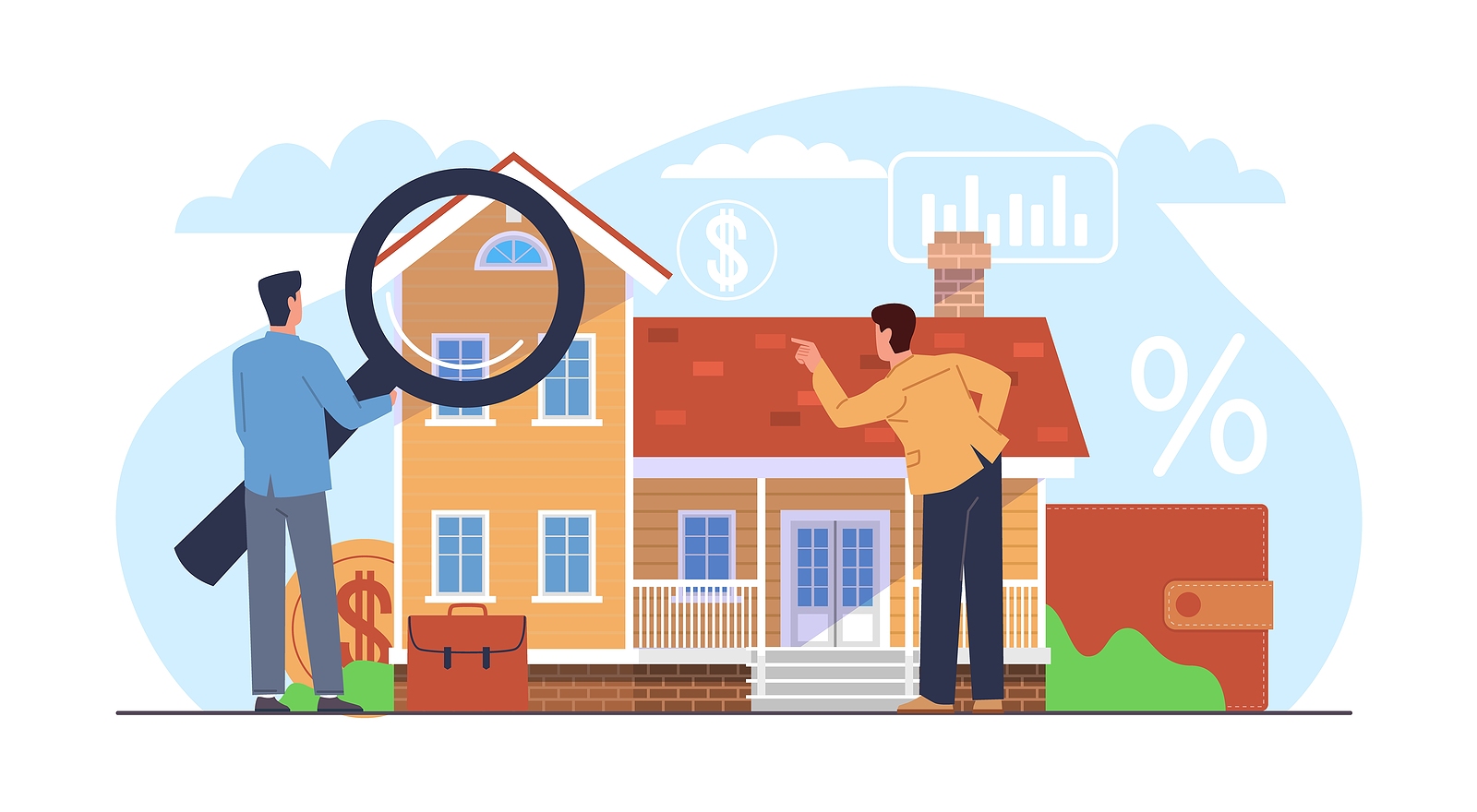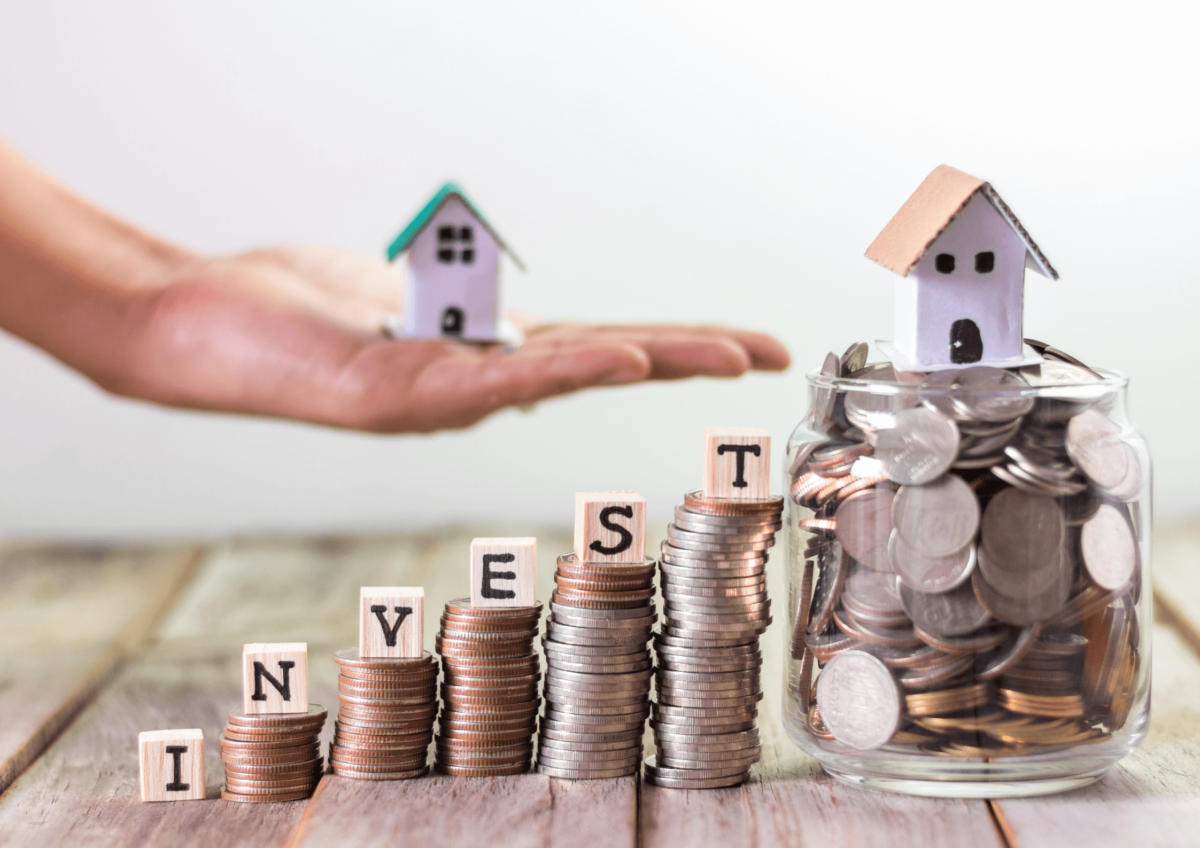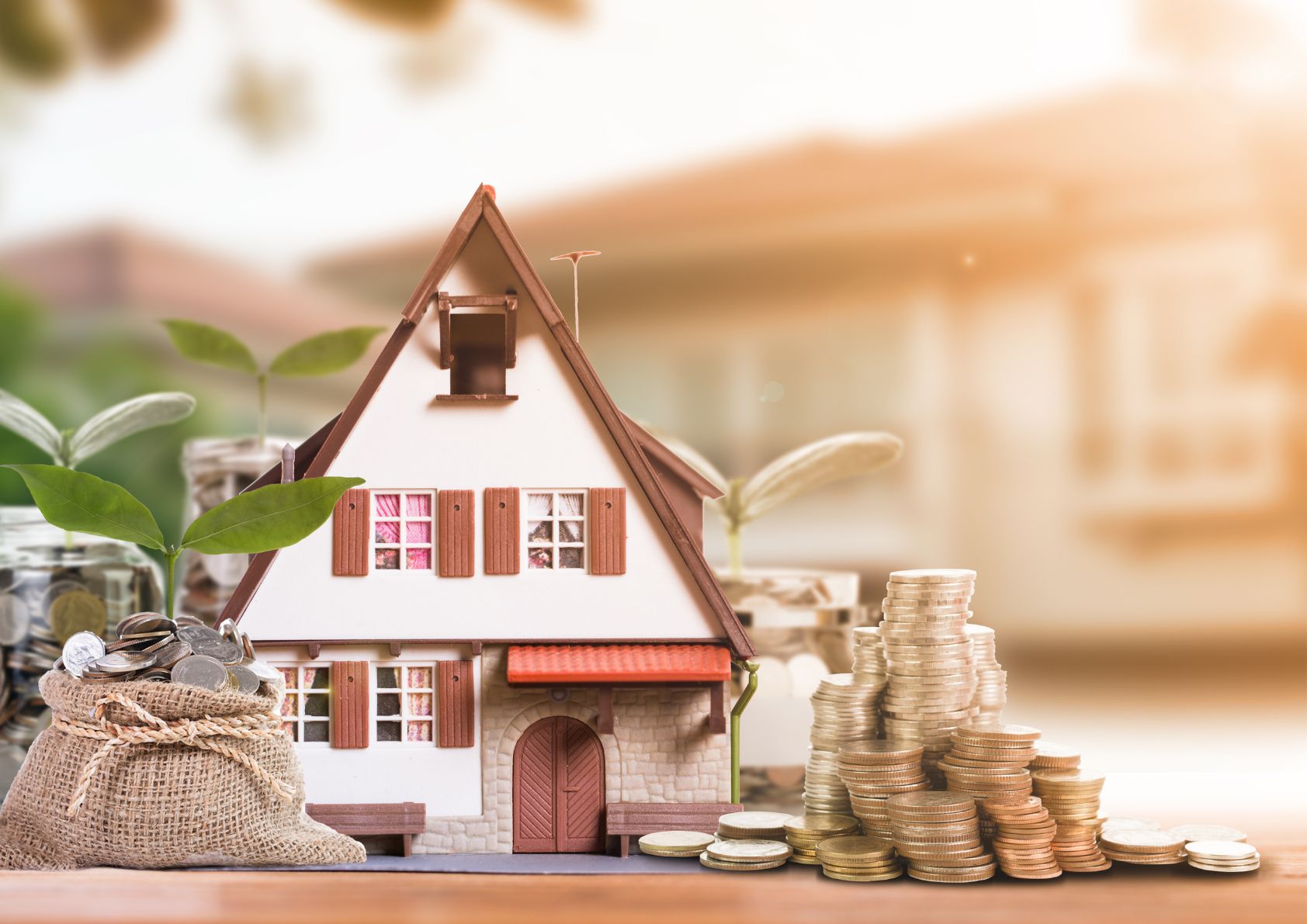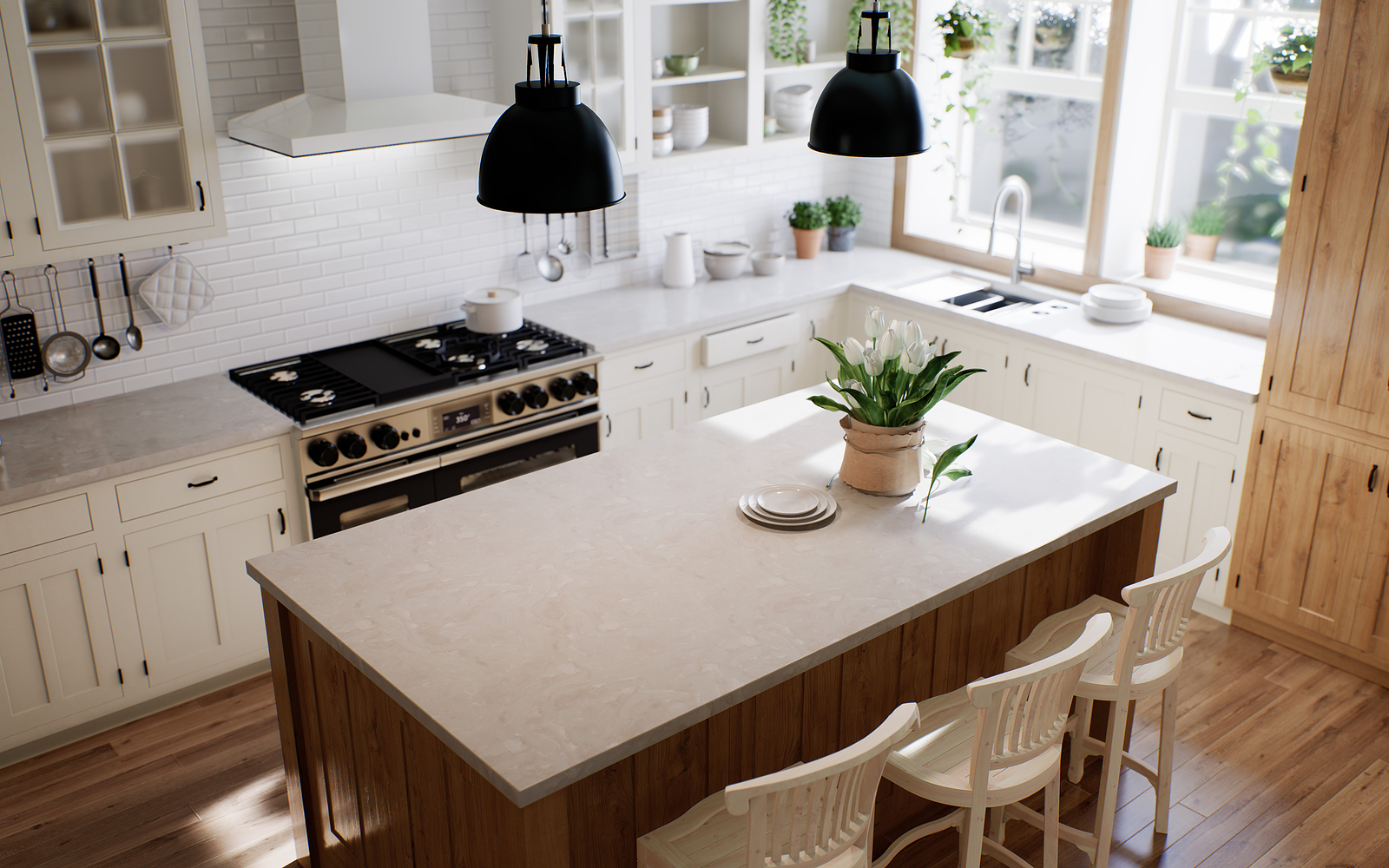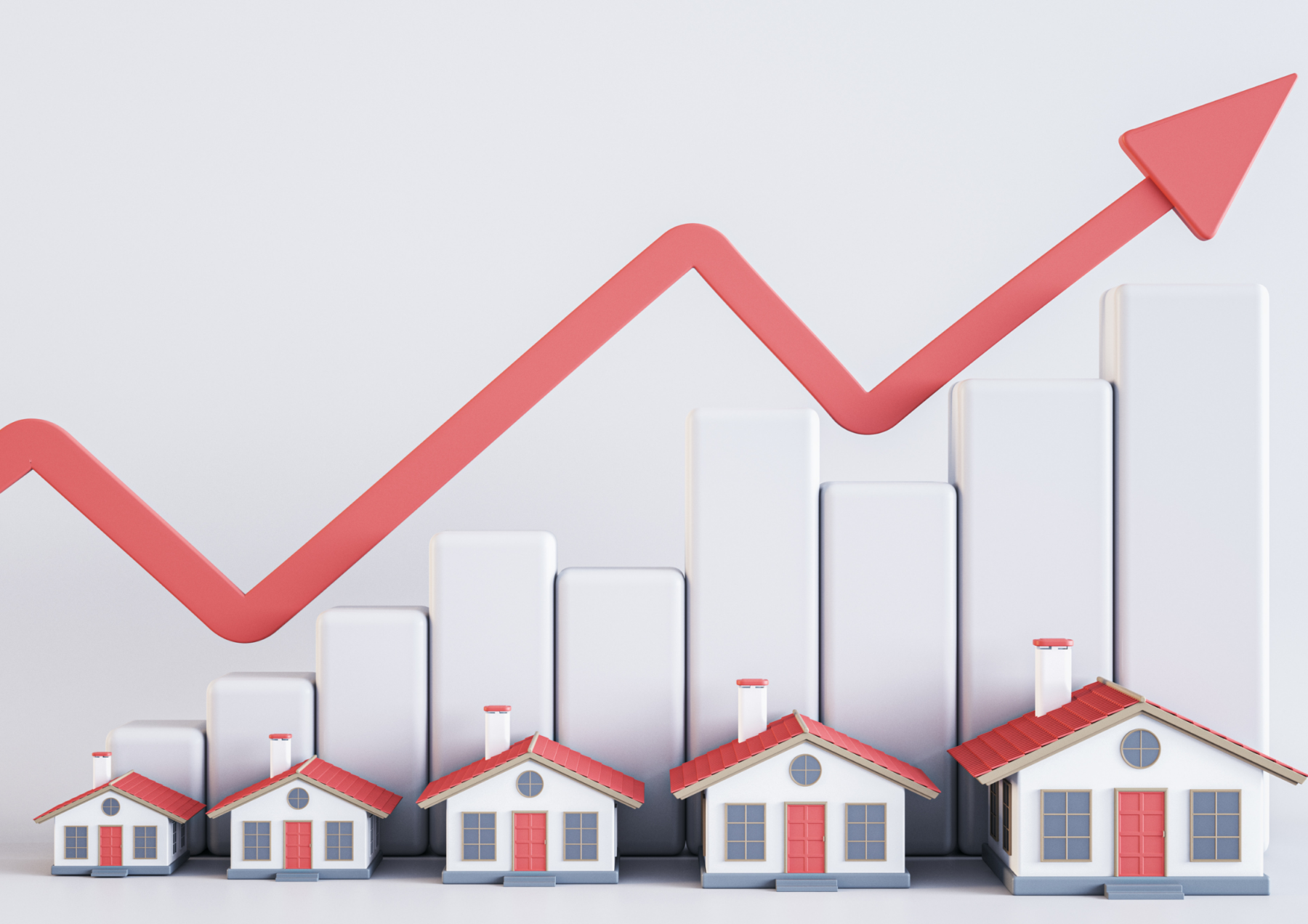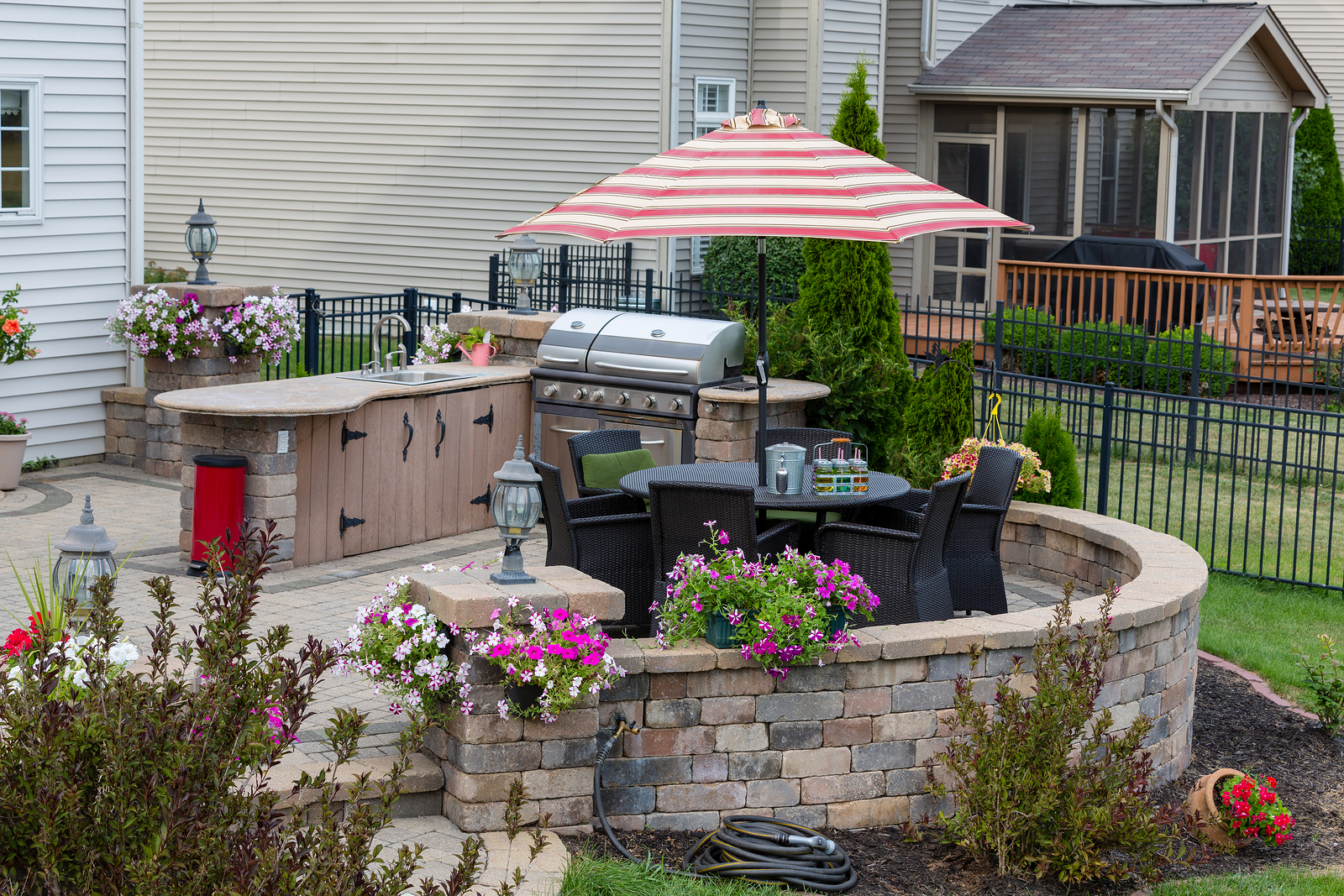Selling your home can be a daunting task, but with the right approach, you can expedite the process and secure a great deal. Whether you’re moving for work, upsizing, downsizing, or just ready for a change, this guide will help you navigate the real estate market efficiently and effectively.
Prepare Your Home for Sale
First impressions are everything in real estate. Before listing your home, take some time to prepare it for potential buyers. Start by decluttering and depersonalizing your space. Remove personal items and clutter from your home. Buyers want to envision themselves living in the space, and that’s hard to do with your family photos and knick-knacks everywhere. Consider renting a storage unit to keep your personal items during the selling process.

Next, make necessary repairs. Fix any obvious issues like leaky faucets, cracked tiles, or broken windows. Small repairs can significantly impact a buyer’s perception of your home. A well-maintained property suggests that it’s been well cared for overall. Staging your home can also make it more appealing to buyers. Arrange furniture to showcase the space and highlight your home’s best features. You might even consider hiring a professional stager to maximize your home’s potential.
Set the Right Price
Pricing your home correctly is crucial for a quick sale. An overpriced home can sit on the market for months, while a competitively priced home can attract multiple offers. Start by researching the market. Look at similar homes in your area to get an idea of what your home is worth. Websites like Zillow and Realtor.com offer insights into recent sales and current listings. Additionally, consider hiring a professional appraiser. They can provide an unbiased estimate of your home’s value, helping you set a competitive price.
Market Your Home Effectively
Getting the word out about your home is essential. Effective marketing can draw in buyers quickly. Use high-quality photos and videos to make your listing stand out. In today’s digital age, buyers often start their search online. High-quality photos and videos can make your listing more appealing. If possible, hire a professional photographer who specializes in real estate. Craft a compelling listing description that highlights the best features of your home. Mention recent upgrades, unique architectural features, and anything else that sets your home apart from the competition.

Leverage social media to share your listing on platforms like Facebook, Instagram, and Twitter. You never know who might see it and share it with someone looking to buy a home. Use relevant hashtags to increase your reach.
Be Flexible with Showings
Making your home available for showings at a moment’s notice can be inconvenient, but it can also help you sell your home faster. Be prepared to leave your home at a moment’s notice to accommodate potential buyers’ schedules. The more flexible you are with showings, the more opportunities you create for potential buyers to view your home.
Work with a Real Estate Agent

While it’s possible to sell your home on your own, working with a real estate agent can simplify the process. An experienced agent brings market knowledge, negotiation skills, and a network of potential buyers. Choose the right agent by interviewing multiple agents to find one who understands your needs and has a proven track record of selling homes quickly. Ask for references and check online reviews. A good real estate agent will handle the marketing, showings, and negotiations, making the selling process much smoother for you. They can also provide valuable advice on pricing and staging.
Be Prepared to Negotiate
Buyers will likely want to negotiate the price. Be prepared for this and decide in advance how much you’re willing to compromise. Having a clear minimum price in mind can make negotiations less stressful. Consider offering incentives like paying for the buyer’s closing costs or including high-end appliances to make your home more attractive. These perks can sometimes be the deciding factor for a buyer.
Conclusion
Selling your home quickly requires preparation, effective marketing, and a willingness to be flexible. By following these tips, you can make the process smoother and more successful. Remember, the key is to create a welcoming environment that appeals to buyers and to price your home competitively.




